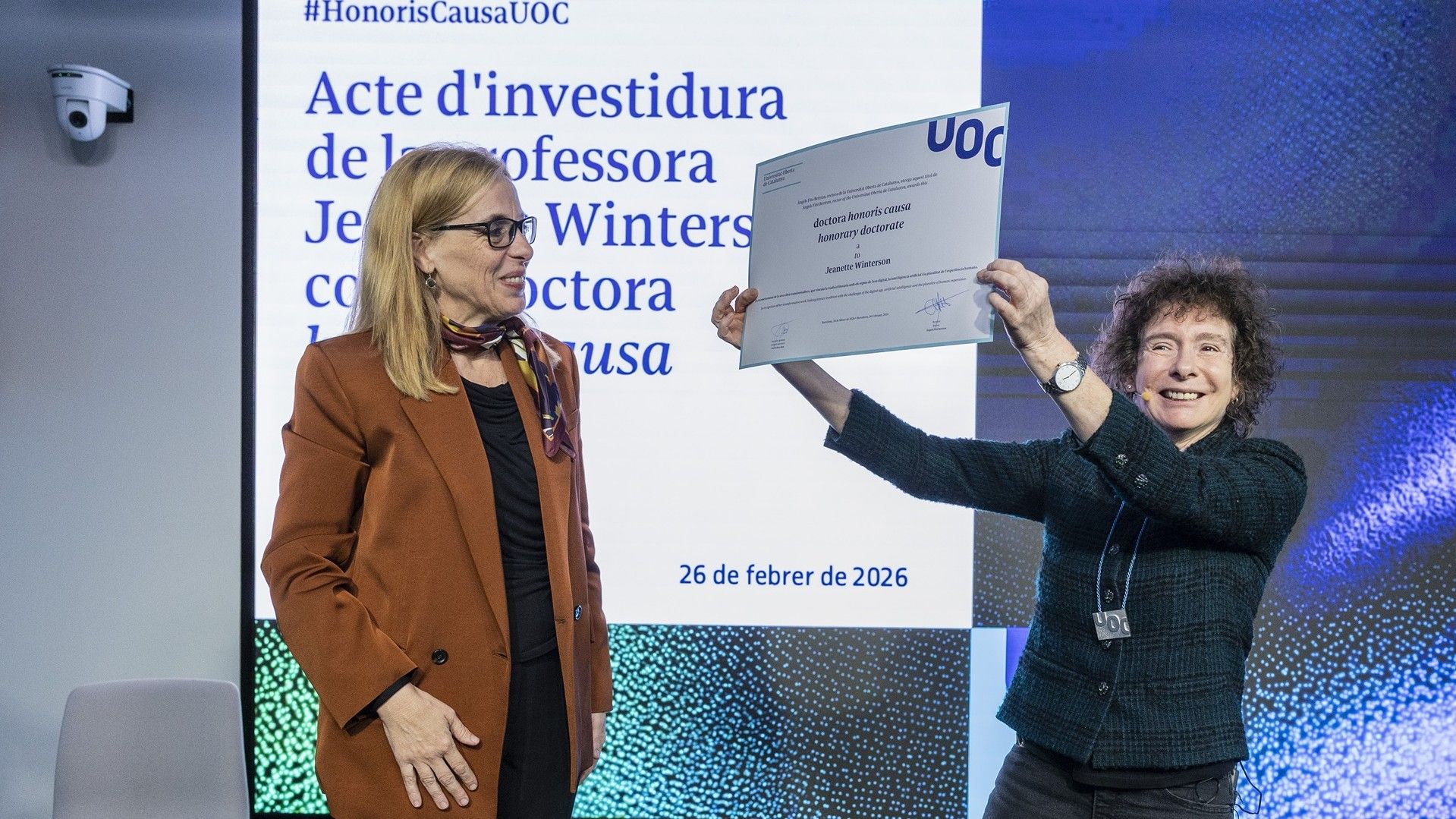
Interviews
The UOC in the media
Highlights from social media

#Outreach
UOC on The Conversation
Here you can find the content and articles written by the UOC’s teaching and research staff on The Conversation











